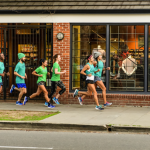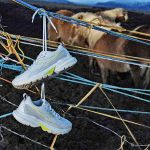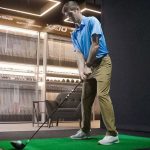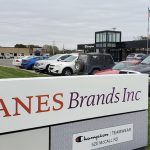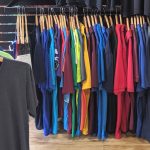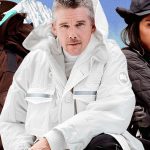K-Swiss, Inc. attempted to temper Wall Street expectations 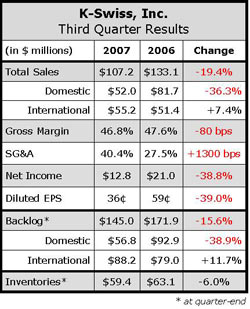 once again last week as the company posted a disappointing third quarter and reminded analysts on a quarterly conference that it would be late 2008 and possibly 2009 before the brand would see a turnaround. Company chairman and CEO Steven Nichols once again admitted that the company is a victim of its own lack of innovation and design updates for the brand, even suggesting that the weakness currently impacting the U.S. and Canadian markets may flow over into the European and other international markets where the brand has been on a bit of a roll. As if to put an exclamation mark on the lowered expectations, Mr. Nichols also highlighted that K-Swiss did not buy back any shares in the most recent quarter, a clear sign that the board may not feel they have seen the bottom just yet.
once again last week as the company posted a disappointing third quarter and reminded analysts on a quarterly conference that it would be late 2008 and possibly 2009 before the brand would see a turnaround. Company chairman and CEO Steven Nichols once again admitted that the company is a victim of its own lack of innovation and design updates for the brand, even suggesting that the weakness currently impacting the U.S. and Canadian markets may flow over into the European and other international markets where the brand has been on a bit of a roll. As if to put an exclamation mark on the lowered expectations, Mr. Nichols also highlighted that K-Swiss did not buy back any shares in the most recent quarter, a clear sign that the board may not feel they have seen the bottom just yet.
Earnings, while down 39%, came in at the higher end of expectations, due to a one-time “other income” item that boosted EPS by 12 cents per share for the quarter. EPS would have been down more than 59% excluding the one-time lift from a foreign tax adjustment.
Revenues, however, were more disappointing than expected as the domestic business continued to lag and the expected at-once business came up short. International operations were described as “better-than-expected” but Europe started to see some softening growth in the backlog picture for next year.
The overall 19% revenue decline for the period was the result of a decline of 22% in units sold. The Q3 at-once business was just 11% of sales for the quarter, compared to 21% of sales in the year-ago period. The companys guidance was based on at-once coming in at 17% to 27% of sales. Average selling prices were up three cents a pair to $27.93.
On a category basis, Classic Originals, which accounted for 52% of Q3 revenues, declined 21% for the period, while the Other Classics business, which includes the LE product, was down 4% for the quarter to 16% of total revenues. The Childrens business, which was flat last year, fell 42% in the quarter. The Tennis category declined 9% and the Training category, which includes Basketball, was down 30% for the period.
Royal Elastics sales were up 85% for the third quarter off a relatively low base and backlog jumped 94% at quarter-end.
The International business surged past the domestic business for the first time to 51.5% of total revenues. Europe sales, which accounted for 34% of Q3 sales up from 26% last year and 15% the year before, were only up 5% in Q3, compared to a 70% increase in the prior-year period. Order backlogs were up 17% at quarter-end. Sales in Asia were up 26% for the period, but backlogs were down 4% at the end of the period. Canada weakness kept International backlog growth in check as that market trends more closely with the U.S.
K-Swiss reported that worldwide sales to Foot Locker, Inc. were down 21% for the quarter and represented 14% of total worldwide revenues, consistent with last year. Sales for all other accounts were down 19% for the period, indicating that the rest of the market is now catching up to the declines Foot Locker first started reporting.
Foot Locker represented 12% of the order backlog at period-end, compared to 14% at the same time last year. Foot Locker backlog is down 26%, while the balance of the business posted a 14% decline.
The total order backlog decline evident at quarter-end reflected a 14% decrease in Q4 futures and a 17% decline in 2008 first quarter orders. Domestic orders were down 36% for the fourth quarter and down 42% for the first quarter. International backlog was up 16% for the fourth quarter, but growth moderated a bit for Q1, growing just 9% for the period.
KSWS expects revenues to be approximately $73 million to $81 million for the 2007 fourth quarter, with earnings per diluted share in the range of zero to nine cents per share. The company sees full-year revenues in the range of approximately $405 million to $413 million, netting full year diluted EPS in the $1.08 to $1.17 per share range.
>>> KSWS has always been a solid indicator of their own future as they always buy back shares when they hit bottom and business looks promising. Buying zero shares is telling
>>> Managements excitement with the apparel launch has apparently moderated a bit as well…








